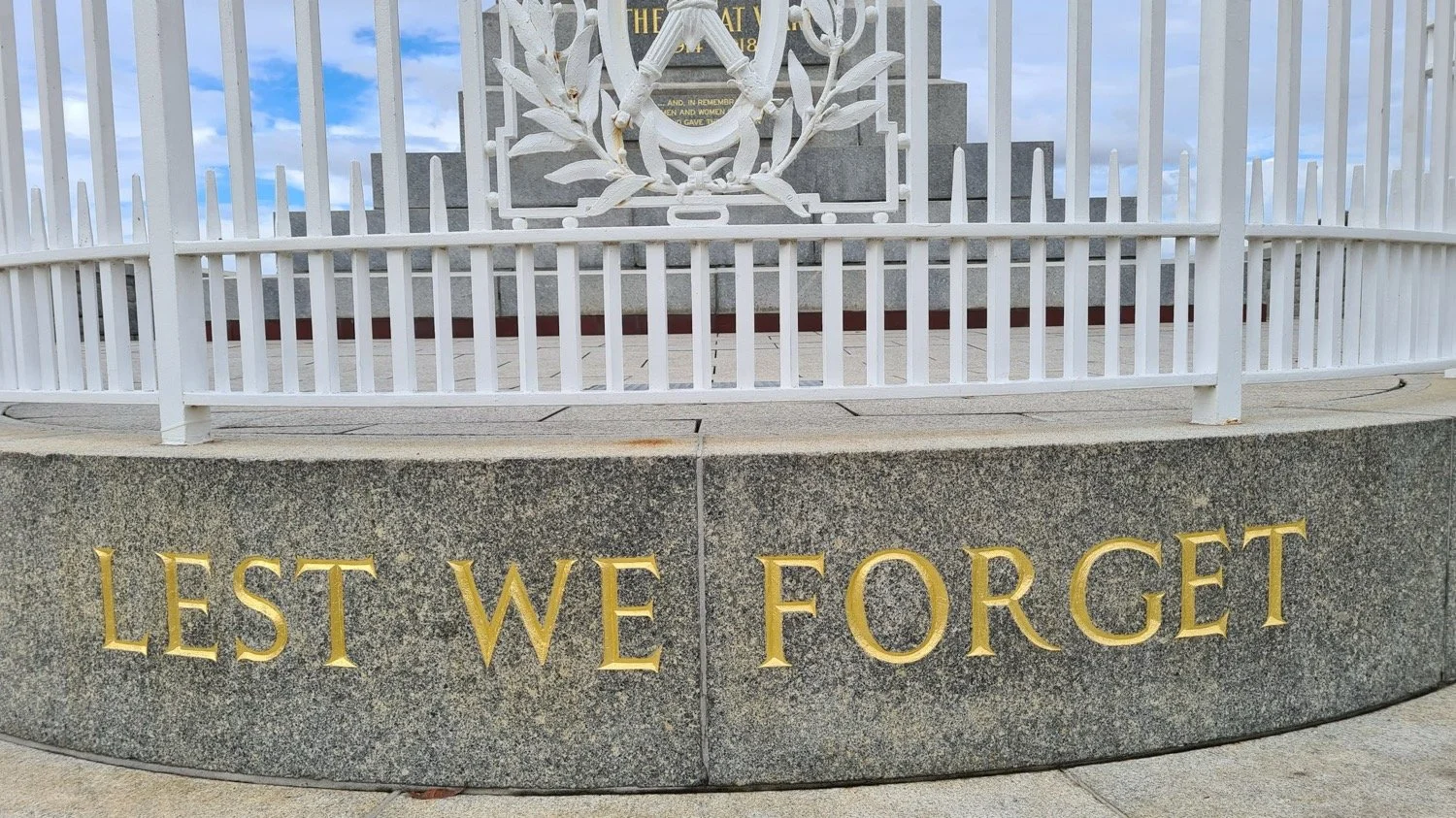Readings for the day: Acts 1-4, Psalms 110
There is this great scene in Voyage of the Dawn Treader by C.S. Lewis where Eustace steals a bracelet and turns into a dragon. After initially enjoying the transformation, he soon realizes it is permanent and he is trapped with no hope of escape. He is terrified at the prospect and tries to cut the bracelet off to no avail. Then Aslan appears. The mighty lion who is the Christ-figure in the story. He asks Eustace if he wants to be free. Eustace shakes his head in an emphatic “Yes!” Aslan stretches out his claws and cuts him to the bone. Strips him naked. Lays him bare. The cut is painful. Deep. It goes all the way to the heart. And yet it is necessary for him to be set free.
I’m always reminded of that particular scene when I read the response of the people to Peter’s sermon. Luke, the author of Acts, says they were “cut to the heart.” The full weight of what they had done to Jesus hit them like a ton of bricks. They were heartbroken. They were devastated. And they asked Peter what they should do. "Repent and be baptized every one of you in the name of Jesus Christ for the forgiveness of your sins, and you will receive the gift of the Holy Spirit.” (Acts 2:38)
Repent. Literally a 180 degree turn in your life. A radical re-orientation of your heart away from the Kingdom of Self towards the Kingdom of God. A radical redirection of your desires. Whereas once you were prideful, arrogant, self-absorbed, greedy, filled with negativity and anger and lusts of all kinds. Those desires are now crucified with Christ and in exchange you receive love, joy, peace, patience, kindness and goodness and mercy. Repentance means a radical re-evaluation of your priorities. Whereas once focused on safety, security, and chasing personal happiness. Now you lay those aside in favor of generosity, service, and sacrifice for the sake of God’s Kingdom. There is no middle ground. No keeping one eye on heaven while fixing the other here on earth. No standing with one foot in the kingdoms of this world and one foot in the Kingdom that is to come. Repentance represents a total commitment. A complete shift in one’s allegiances and loyalties.
Baptism. The primary sign of this shift in allegiance takes place in baptism. Baptism is where we publicly declare our faith in Christ and align ourselves with His Kingdom. We proclaim to the world that we are no longer our own. We no longer serve ourselves. We no longer live according to the corrupt values of our sinful culture. We are in Christ. Our lives have now been taken up into His life. Our future is in His hands. Our resources are His to do with as He chooses. We are simply His servants. Sent out in His name to fulfill His purposes in this world.
Gift of the Holy Spirit. Thankfully, God doesn’t send us alone. He doesn’t send us our ill-prepared. He doesn’t send us out helpless or hopeless. He Himself goes with us. He gives us the gift of the Holy Spirit who comes and takes up residence in our hearts. He imparts all the gifts we need to succeed in Christ’s service. He strengthens us for every battle. He encourages us in the face of every challenge. He gives us joy in every trial. He grants all the wisdom and understanding we need to make sense of His calling on our lives. The Holy Spirit is quite literally the greatest gift we could ever receive.
Repent. Be baptized. Receive the gift of the Holy Spirit. This is what it means to respond in faith to the work Christ has done on our behalf. Do you believe?




